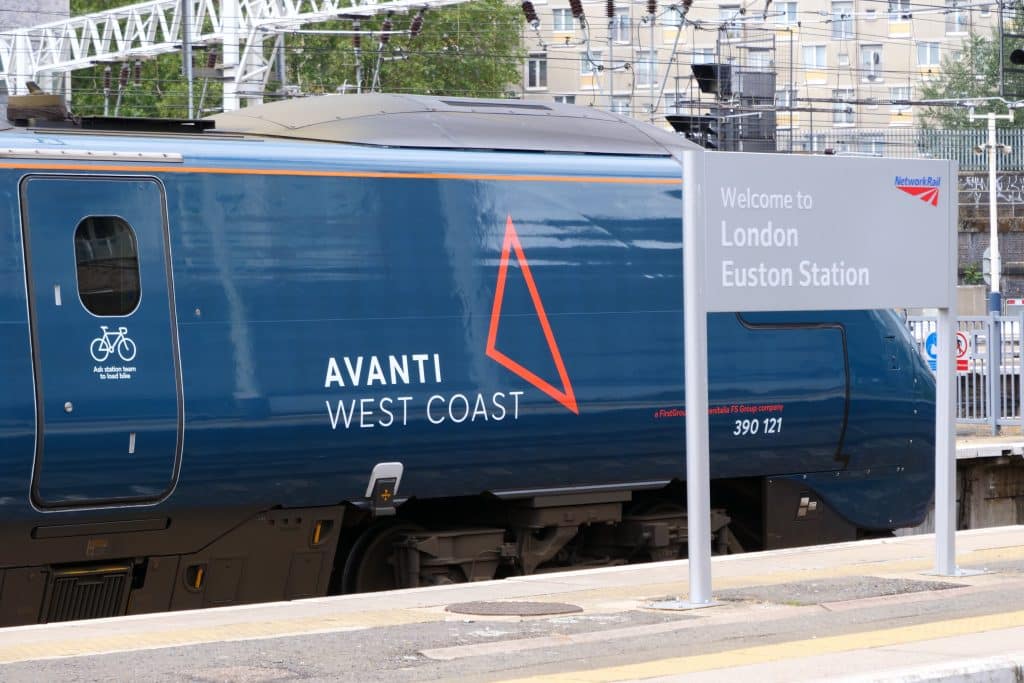The National Union of Rail, Maritime and Transport Workers (RMT) is set to continue strike action for another six months after a series of strikes in October bought the railways to a standstill. The RMT does not represent train drivers but workers at stations (ticket office staff, cleaners etc) and maintenance workers.
These disputes are not only about pay rises, but also contracts and working conditions. A 4% pay rise this year, following another 4% pay rise the following year has been offered to the union, but the RMT argues that this is a real-terms pay cut since it does not keep up with inflation. The RMT is also angered by what it perceives as unnecessary job cuts to maintenance teams from working reforms that National Rail wishes to implement. These reforms could lead to around 1,900 jobs becoming redundant as National Rail seeks to streamline maintenance teams. National Rail states that this does not necessarily mean compulsory redundancies as staff could retrain or be redeployed.
Liz Truss’s short-lived government saw a cabinet reshuffle. Anne-Marie Trevelyan, who replaced Grant Schapps as Minister for Transport, took a more conciliatory tone towards the RMT, meeting with RMT leader Mick Lynch last month. However, this conversation clearly did not reconcile the government and the RMT, as more strikes have now been announced over the next six months. It is likely that the incoming Prime Minister will continue the belligerent attitude towards ‘militant’ trade unions, especially in the face of threats of organised activity crossing work sector boundaries.
It is not just the RMT who are taking action. The Trades Union Coalition (TUC), at its annual congress this month, promised coordinated strike action against employers in the face of rising costs and stagnating pay and conditions. General Secretary of public sector union Unison, Christina McAnea, stated in a speech to the congress that ‘co-ordinated action unites us’ and she was not the only one who promised simultaneous strikes. Mark Serwotka, leader of civil service union PCS, even suggested that road and rail staff could strike on simultaneous days in order to maximise disruption. Nurses, health-sector workers and civil servants are balloting for strike action to be taken over the winter and Royal Mail workers have already undertaken strike days in October with a further one set to occur on the 25th of October.
Britain has not seen labour action this intense for several decades and trade union leaders are planning to build upon this wave of activity. Mick Lynch, the RMT leader and the ever-present ‘face’ of the union movement on various political shows over the summer, stated at a fringe event at the TUC congress that unions must seek to ‘branch out’ into environmental and social justice movements whilst acting as a mentor and guide to cultivate ‘working class democracy’. Sharon Graham, the similarly prominent leader of Unite, has similar ambitions for unions; wanting them to transcend individual disputes and to become a political institution in ‘vulnerable communities’, aiding in political consciousness raising and organisation.
It appears the energy from the so-called summer of strikes has not yet dissipated over the cold winter months. With Britain’s government in chaos amid yet another Conservative leadership election and a potential Labour government waiting in the wings, the trade unions have an opportunity they have not had for nearly four decades; becoming a major player in Britain’s political scene.



